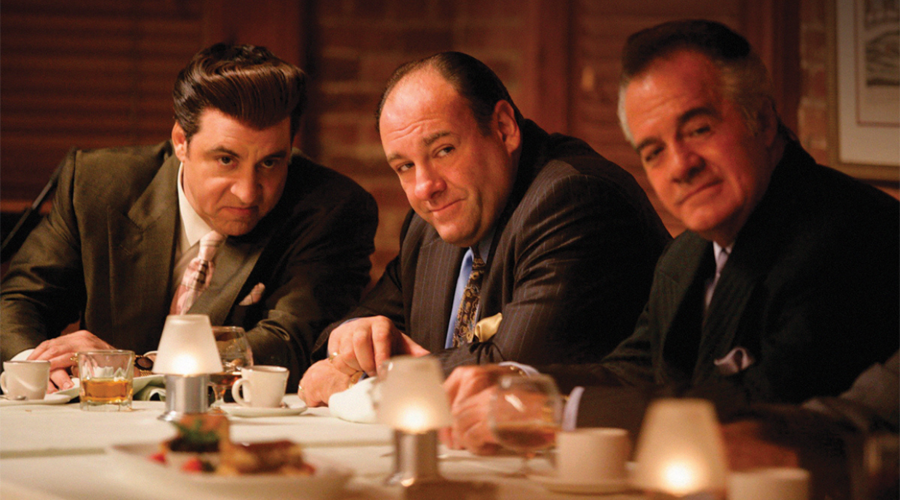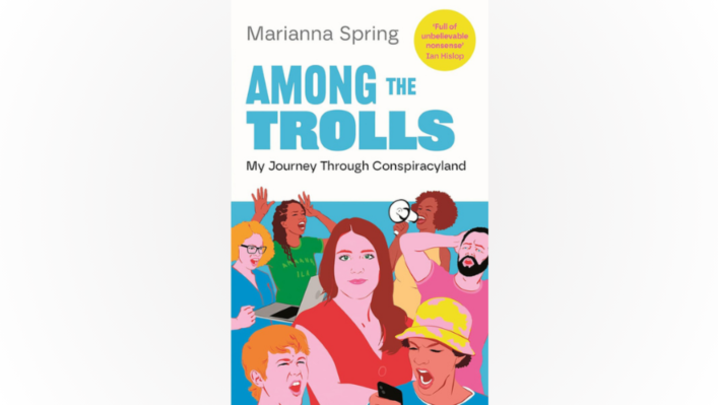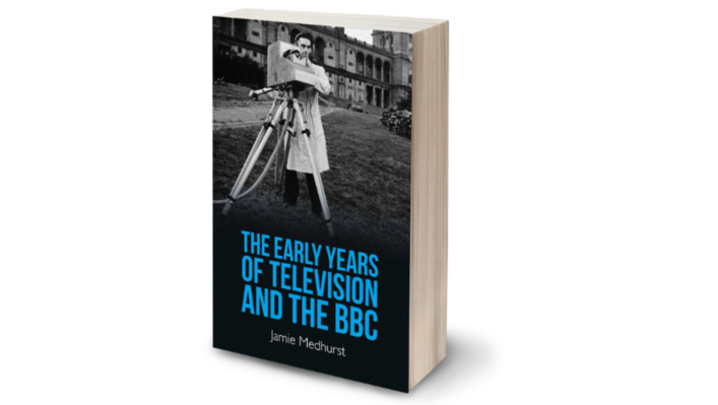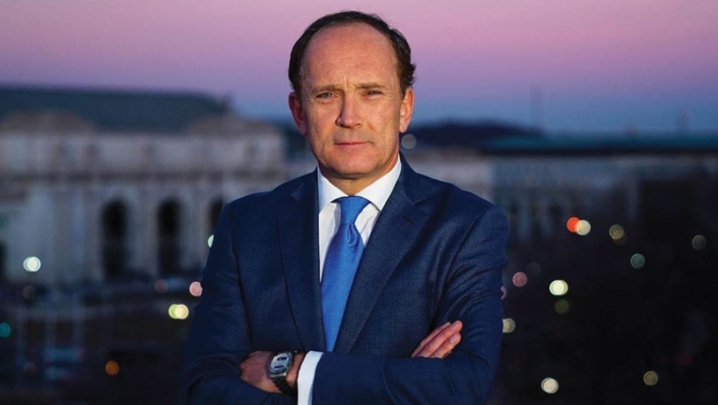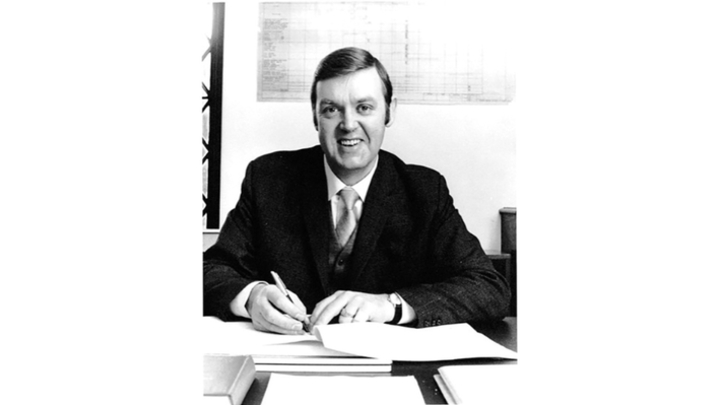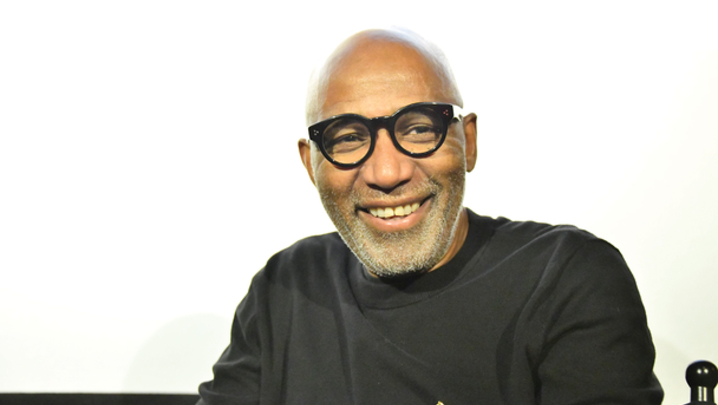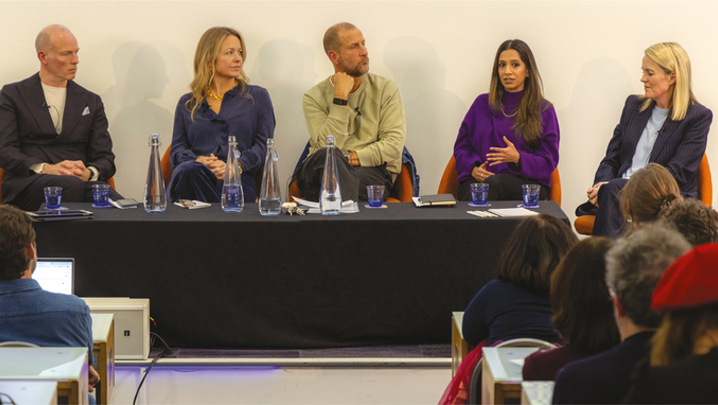Simon Shaps hails a new book that charts a TV revolution that began with The Sopranos, but questions its timeframe
Pandora’s Box is like a greatest hits album. It is Now That’s What I Call Music! Vol 87, but for television and covering more than three decades, rather than focusing on a single annus mirabilis. We know the lyrics, love the melodies and can sing along to the rousing choruses.
Here we are again, back in 1999 to witness the birth pangs of The Sopranos at HBO. The cerebral David Chase had pitched the idea as a feature some years earlier, but there was something about the idea of a mobster who gets panic attacks that didn’t fly. It finally lands as an open-ended TV series at HBO, where programme supremo Chris Albrecht spots that the mob is actually a “red herring”. Albrecht says: “This show is about a guy who’s turning 40. He’s inherited a business from his dad. He’s trying to bring it into the modern age.”
He has an overbearing mother, he cheats on the wife he loves… and, yes, he has a female analyst. The hero was an anti-hero, but also an everyman, prone to acts of unimaginable violence as well as bouts of melancholy. In The Sopranos, there were no happy endings; that famous final episode didn’t tie up the story in any way that its audience could decipher. The turntable was simply left playing.
Brett Martin’s Difficult Men, published a decade earlier, in 2013, has a significant overlap with Pandora’s Box, tracing the “creative revolution” in television from The Sopranos to Breaking Bad. Chase is, of course, the ultimate “difficult man”, the anti-hero of both books.
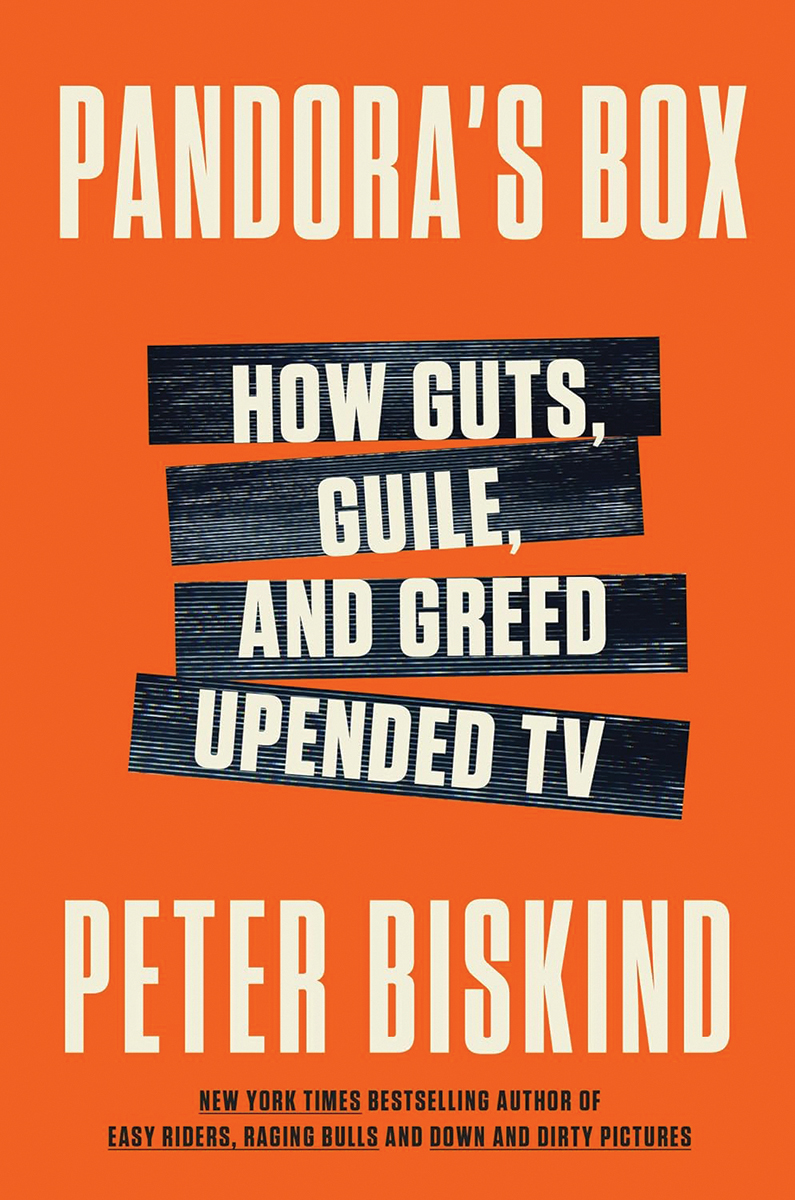
Upended TV by Peter Biskind
These tortured, controlling, driven men – and an increasing number of women – overturn conventional wisdom about television drama, creating hits that define networks.
When he was writing the pilot for HBO’s Oz – Biskind argues that without Oz there may have been no Sopranos – Tom Fontana recalls a conversation with HBO when he was told he should do the one thing that traditional networks never allowed: kill the lead in the pilot. Albrecht also told him: “I don’t care whether the characters are likeable, as long as they are interesting.”
And so, show after show, from The Wire to Mad Men, The Shield, Transparent, Orange is the New Black and Breaking Bad, is created in the image of “outsiders” – renegades who, in breaking the rules, come to define entire networks, as they populate their shows with dark and “interesting” characters.
For a time, AMC was the Mad Men channel, FX was The Shield, and in those faraway days at the dawn of streaming, Netflix came to be defined by Orange is the New Black and House of Cards.
Pandora’s Box unearths anecdotes that are new to me, such as Steven Spielberg’s insistence that his name be removed from the credits of The Americans because he was convinced that Matthew Rhys was miscast.
But most of the stories Biskind tells are familiar, not merely to the television industry, but also to the wider public, who have learnt to love talking about television, not least as a form of not-so-gentle one-upmanship, as in “I have seen a show you’ve probably never heard of, but it is the best thing since The Wire.”
With no fewer than 599 new scripted original series to choose from in 2022, the very summit of the era of peak television, the chances were pretty good that you could find something watchable, even original, that hardly anybody else had seen. Perhaps it even had subtitles.
The WGA and SAG strikes had not yet started but 2022 saw the Russian invasion of Ukraine and the resulting aftershocks for the global economy – and is now beginning to look like a turning point. The volume of new shows started to fall, as many of the streamers panicked about haemorrhaging vast amounts of cash in their pursuit of subscribers.
Suddenly the talk was all about introducing adverts and looking for more mainstream audiences. Suddenly the streamers were starting to feel more like traditional free-to-air broadcasters. And this is the subject of the final chapters of the immensely readable Pandora’s Box. As Biskind puts it, “The mainstreaming of the streaming audience entails a change in values. Ted Lasso may be less an outlier than an augury of things to come.”
Vince Gilligan, creator of Breaking Bad, says his new show for Apple TV+ will not centre on a Walter White figure. Biskind quotes Gilligan thus: “After 15 years, I figured it was time to take a break from writing anti-heroes.”
Two years ago, when Kenya Barris, creator of Black-ish, exited Netflix, despite his multi-year, multimillion deal, he said: “I want to do in-your-face shit… but Netflix wants down the middle.” He adds: “Netflix became CBS.”
Niche and expensive is no longer career enhancing, for either producers or commissioning executives. Not when you can top the charts with reruns of Suits, or get an instant hit with Emily in Paris, described by the LA Times as a “giant bowl of mac and cheese”.
So, Pandora’s Box ends up as an elegy for those titles on its list of greatest hits, in the same way as Biskind’s previous bestseller, Easy Riders, Raging Bulls, lamented the passing of the “golden era” of film in the late 1960s and 1970s. Biskind has a good line in subtitles, and he encapsulates the argument in Easy Rider, Raging Balls as: “How the sex ’n’ drugs ’n’ rock ’n’ roll generation saved Hollywood”.
But is Biskind’s lament right? The benefit of looking back over some three decades of television is to see how the talent that Biskind champions consistently defied conventional wisdom and legions of executives to get their shows made. As Peter Roth, the former Chair of Warner Bros. Television once described the process to me: “Look for the show nobody says they want.”
And if Biskind had started his countdown a few years earlier, it would have produced some interesting results. Oz launched on HBO in 1997 but, two years before that, another show that could have made it into Biskind’s greatest hits album debuted on ABC: Murder One. This was the same network that, five year earlier, had defied conventional wisdom about network television with the David Lynch series Twin Peaks.
This pattern seems to have come full circle with the launch in 2021 of Quinta Brunson’s Abbott Elementary on ABC, a show that feels like it could have been a signature show for one of the streamers.
The handful of channel-defining showrunners have not only been difficult but protean, moving from platform to platform, network to cable to streamer and back, as they search for a home for their shows.
Let’s be wary of elegies, however elegantly crafted. And one thing is certain. In another 10 years, around 2033, someone will come up with another greatest hits album every bit as good as Pandora’s Box.

